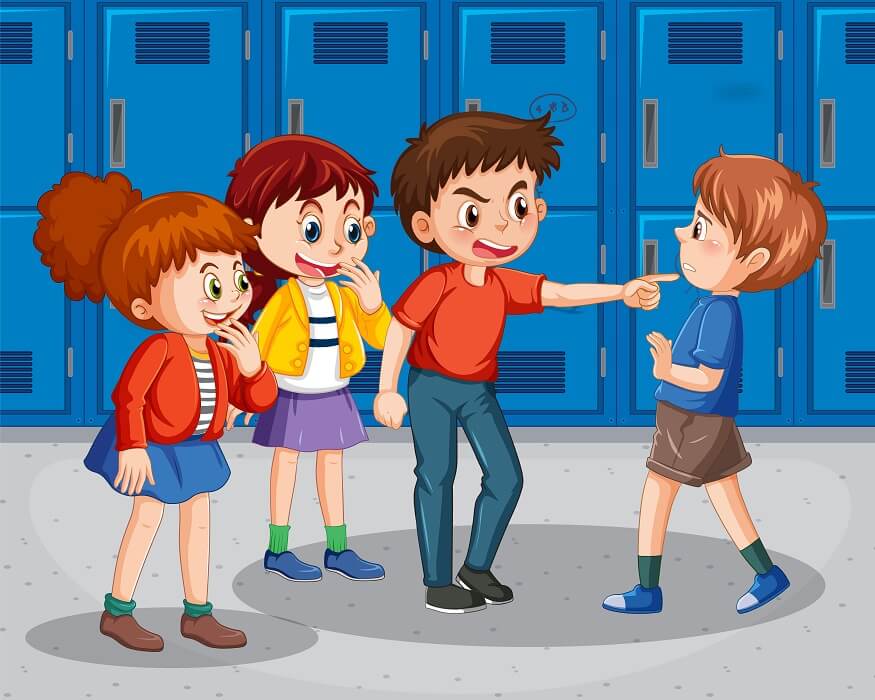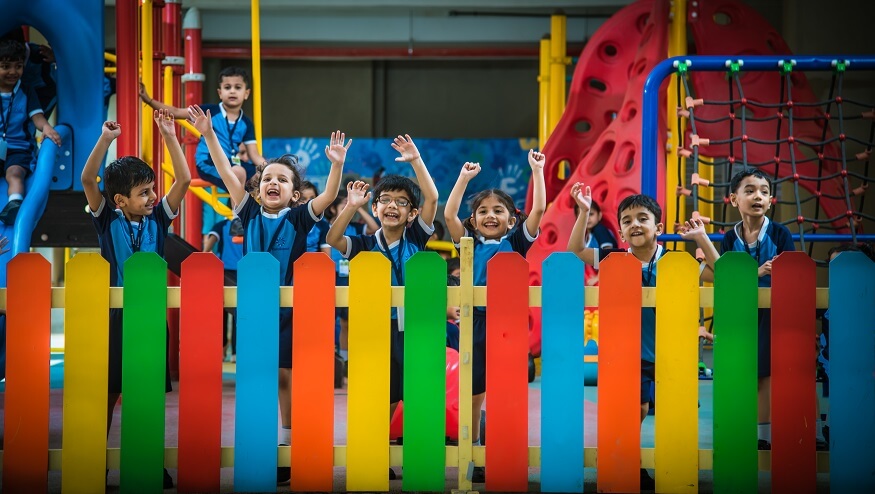Steven Spielberg, Christian Bale, Taylor Swift, Bill Clinton – these are the names of great, famous celebrities. All of them have something in common: they were all bullied growing up. Unfortunately, bullying in schools is a widespread problem that can take a toll on everything from your self-esteem to your physical health. The sheer number of awesome people who were bullied as kids indicates two things: first, bullying in schools is quite common, and second, the qualities that make someone an easy target for bullying, such as being seen as too nerdy or liking the wrong clothes, are also the traits that make people interesting and unique.
Studies have shown that nearly one-third of all students in the world are bullied each year. A high standard is placed on “fitting in” throughout school, to the extent that it is easy to forget that success in college and beyond is determined by the ability to “stand out,” to be different from the crowd, to be unique. It is crucial to prevent bullying in schools.
It is important to understand what bullying actually is and to be able to identify when one is being bullied or involved in a similar situation. Bullying can have lifelong harmful effects on children and adults. It is a deliberate behavior done to hurt or upset someone over an ongoing period of time. Bullying can occur anywhere there are people, such as in school, and it can be carried out by an individual or a group of people. It can be hurtful in various ways. That is why it is important to prevent bullying in schools.
How to identify bullying
There are different types of bullying; let’s take a look at the variations. Physical and verbal bullying in schools are two easily identifiable types of bullying. Physical bullying involves hurting someone’s body or their belongings. This includes hitting, scratching, throwing objects at someone, or destroying someone else’s belongings. Verbal bullying includes saying mean and unkind things to another person. This includes teasing or taunting, name-calling, saying inappropriate things about someone, or threatening to hurt someone.
There is also a less obvious form of bullying called social bullying. Social bullying is a type of indirect bullying that involves intentionally excluding a person from a group, encouraging others to exclude them or not be friends with them, spreading gossip or rumors, and passively observing bullying without taking any action. Lastly, there is cyberbullying, which occurs through the use of the internet, social media, cell phones, or other electronic devices. It can involve sending mean or inappropriate text messages, engaging in name-calling or rumor-spreading on social media, or making threats online. Thus, it is crucial to prevent bullying in schools.
Sometimes people unintentionally hurt each other’s feelings or lash out when they are angry. Bullying, however, is different. Bullying involves intentionally hurting someone. Examples of bullying include name-calling, physical harm, exclusion from a group, or posting mean things about someone online. So why do people bully? Often, those who engage in bullying are dealing with their own personal struggles. Bullying may make someone feel powerful at school if they feel powerless at home. This doesn’t make bullying acceptable, but understanding the reasons behind it can be helpful.
There are various ways to avoid and prevent bullying. Let’s examine an example to better understand bullying in schools. Aayush used to love school, but now he hates going because he feels like there is no one he can trust. When other students make fun of him for wearing the same clothes, his so-called friends don’t defend him and sometimes even join in. Sometimes he is called fat, which deeply hurts his feelings, but he is too embarrassed to confide in anyone. The bullying continues on a daily basis, causing Aayush to become more isolated and silent in class. Fortunately, Aayush’s favorite teacher noticed the change and encouraged him to open up so that the issue of bullying in schools could be addressed. Thus, it is crucial to prevent bullying in schools.
How to seek help
There is a famous saying, “Sticks and stones may break my bones, but words can never hurt me.” However, this statement is not true. The words people say to one another can have lasting effects on how they feel about themselves and others. Every child deserves to feel safe and happy at school. If bullying is witnessed at school, it should not be ignored. There are effective ways to prevent bullying in schools, which will be described ahead.
- One can reach out to the person being bullied by letting them know that they are not alone. They should reach out to an adult and inform them about the incidents that have been occurring. This is one of the best ways to prevent bullying in schools
- If it is safe, individuals can stand up for themselves and ask the bully to stop.
- Counselling centers should be established to help and support students in overcoming bullying issues they may face.
- Schools need to focus more on this issue and take steps to protect students from bullying.
- Clubs and anti-bullying squads can be formed for each grade, including students and teachers.
- Selected students can act as monitors and supervisors to keep an eye on their classmates.
- If everyone works together, bullying can be reduced and even eliminated.
- Educate kids on how to prevent bullying in schools.
There are numerous reasons why bullies behave the way they do, but these reasons have very little to do with the person being bullied and more to do with the bully’s personal issues. One way to understand how to prevent bullying in schools is by building a support system. Surround yourself with people who genuinely care about you and appreciate you for who you are. If it’s difficult to find such people, connecting with individuals who share the same interests can be beneficial.
At EuroSchool, we are committed to the safety and well-being of our children. Bullying is not tolerated and is strictly prohibited. Children are provided with proper counselling to help them navigate difficult situations they may encounter both inside and outside of school.











